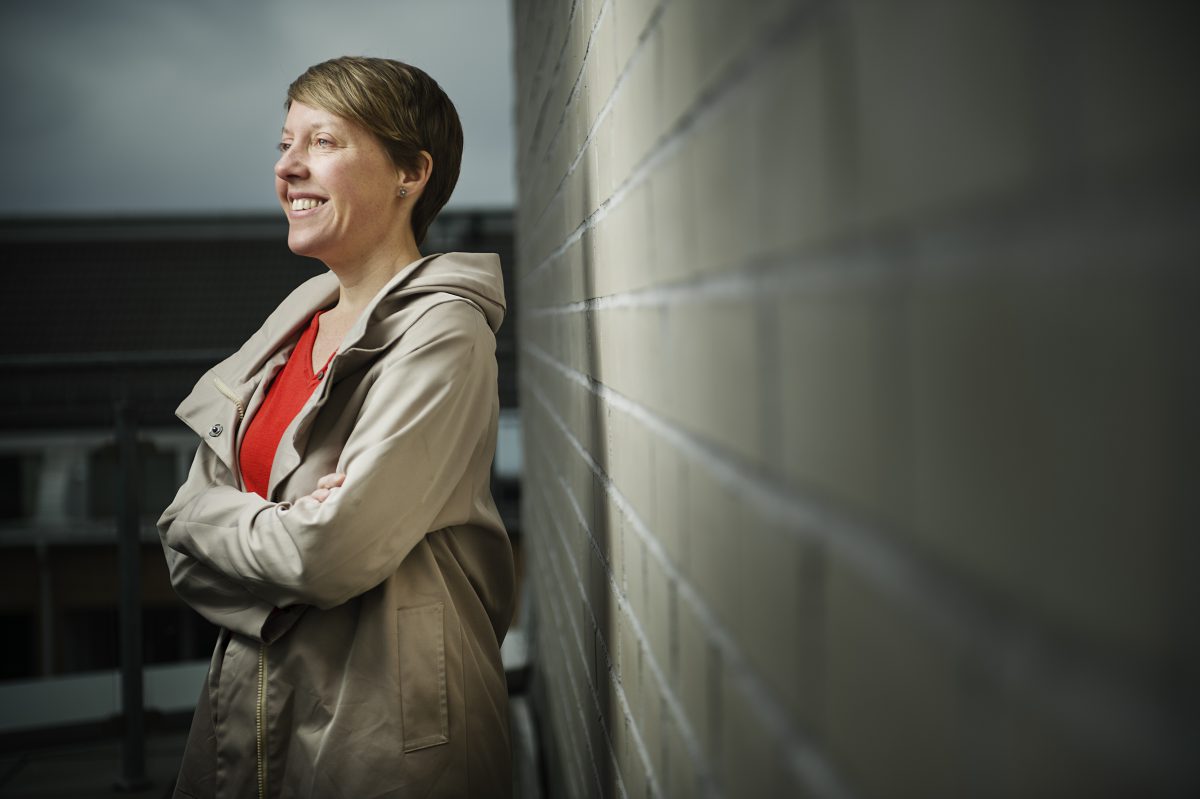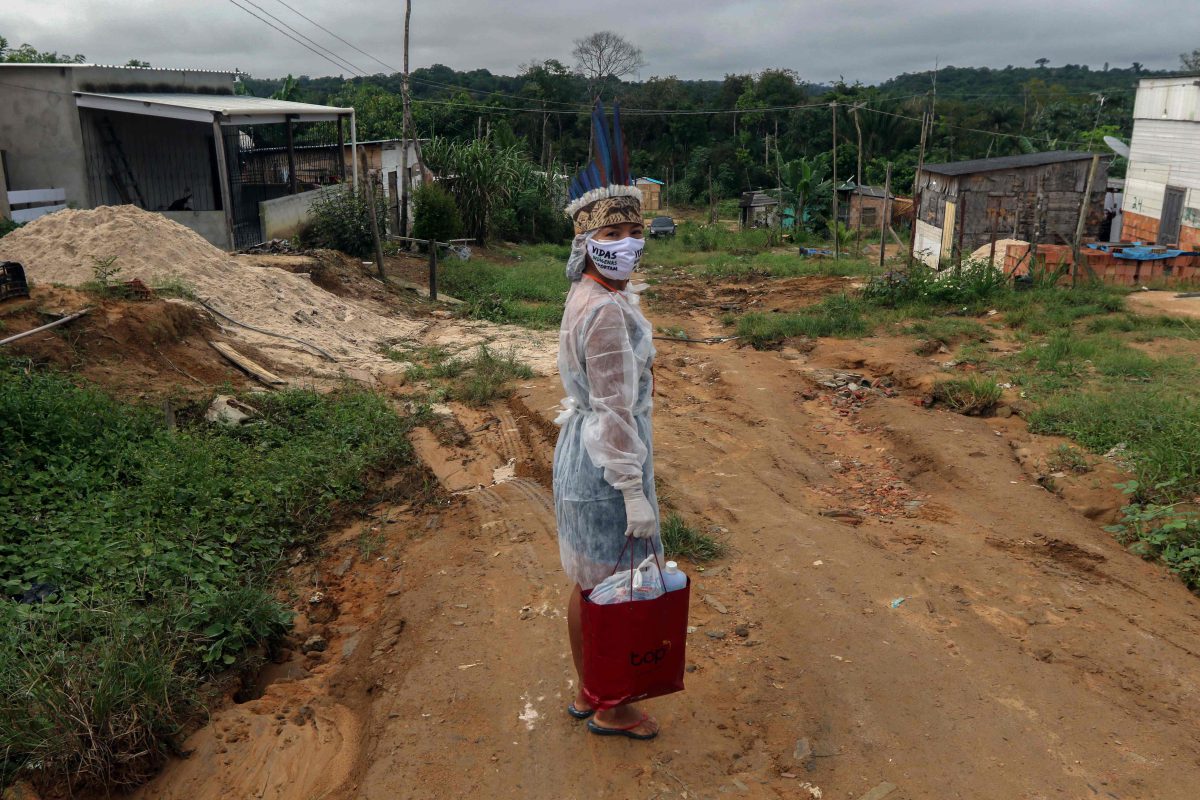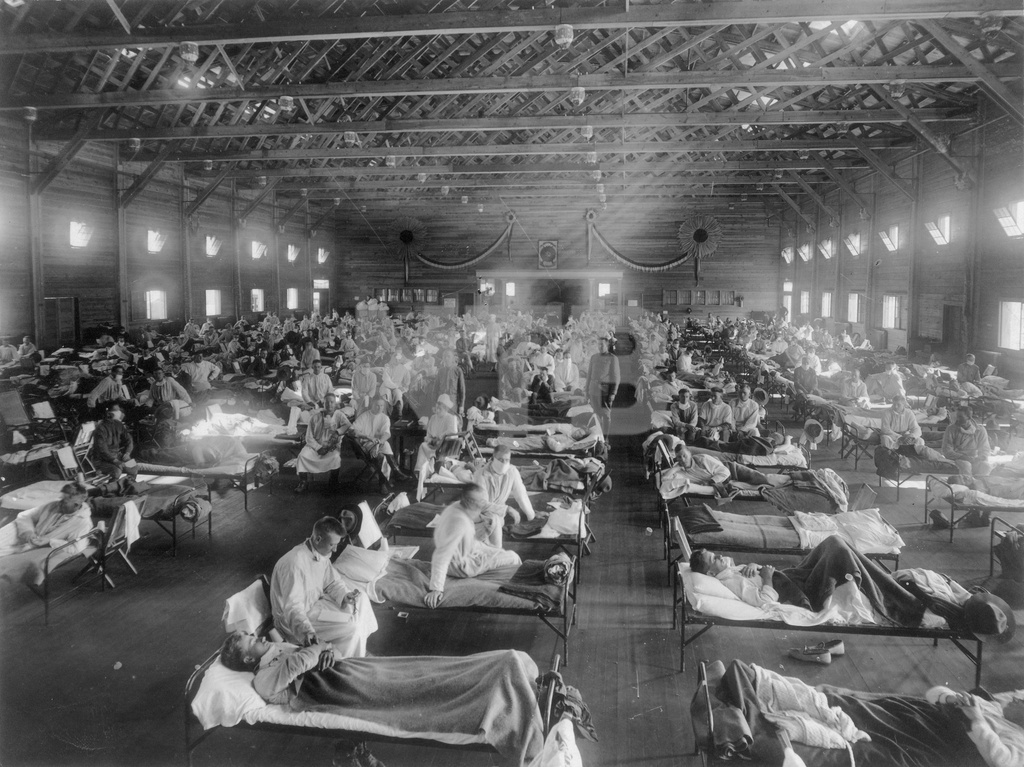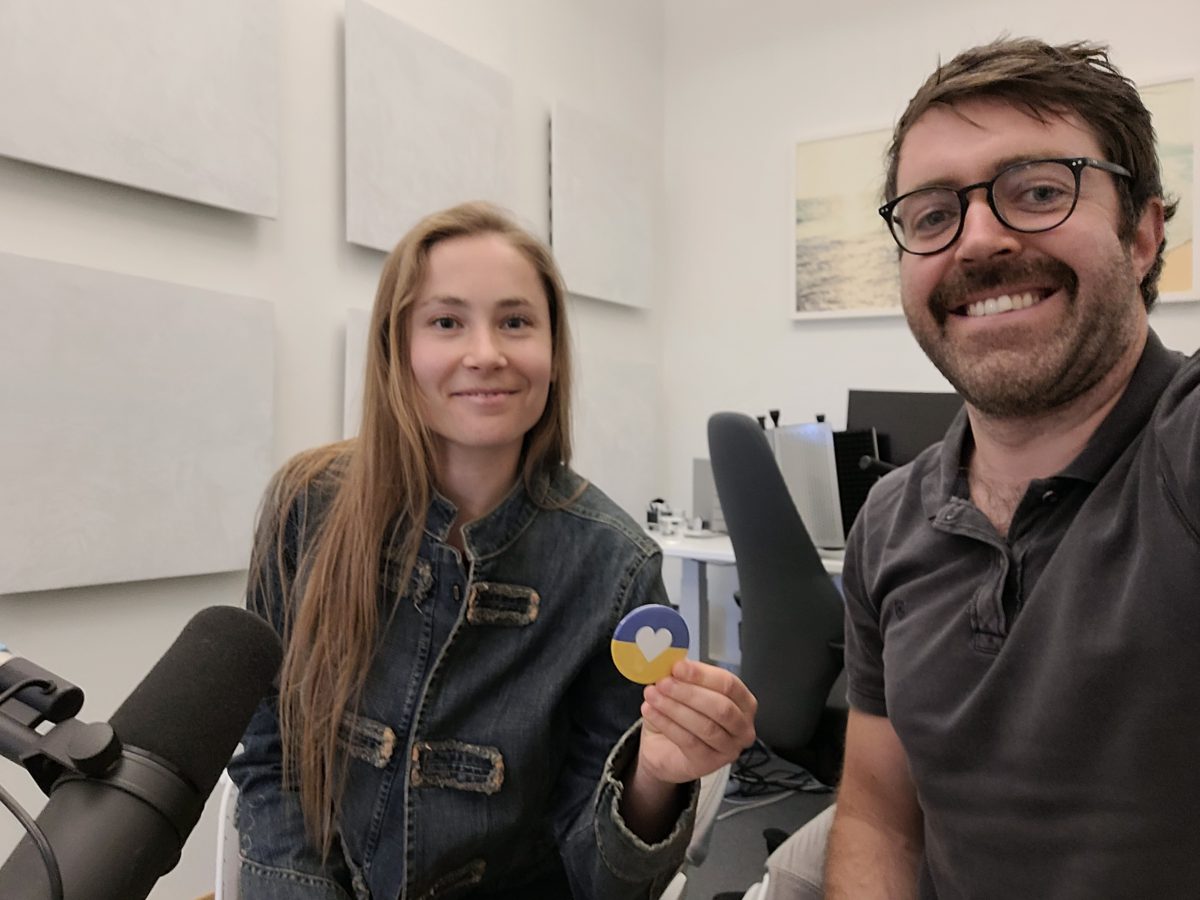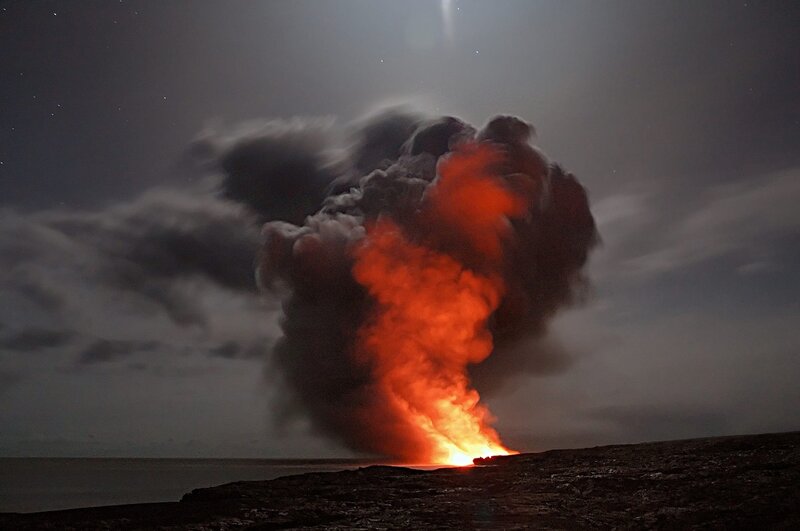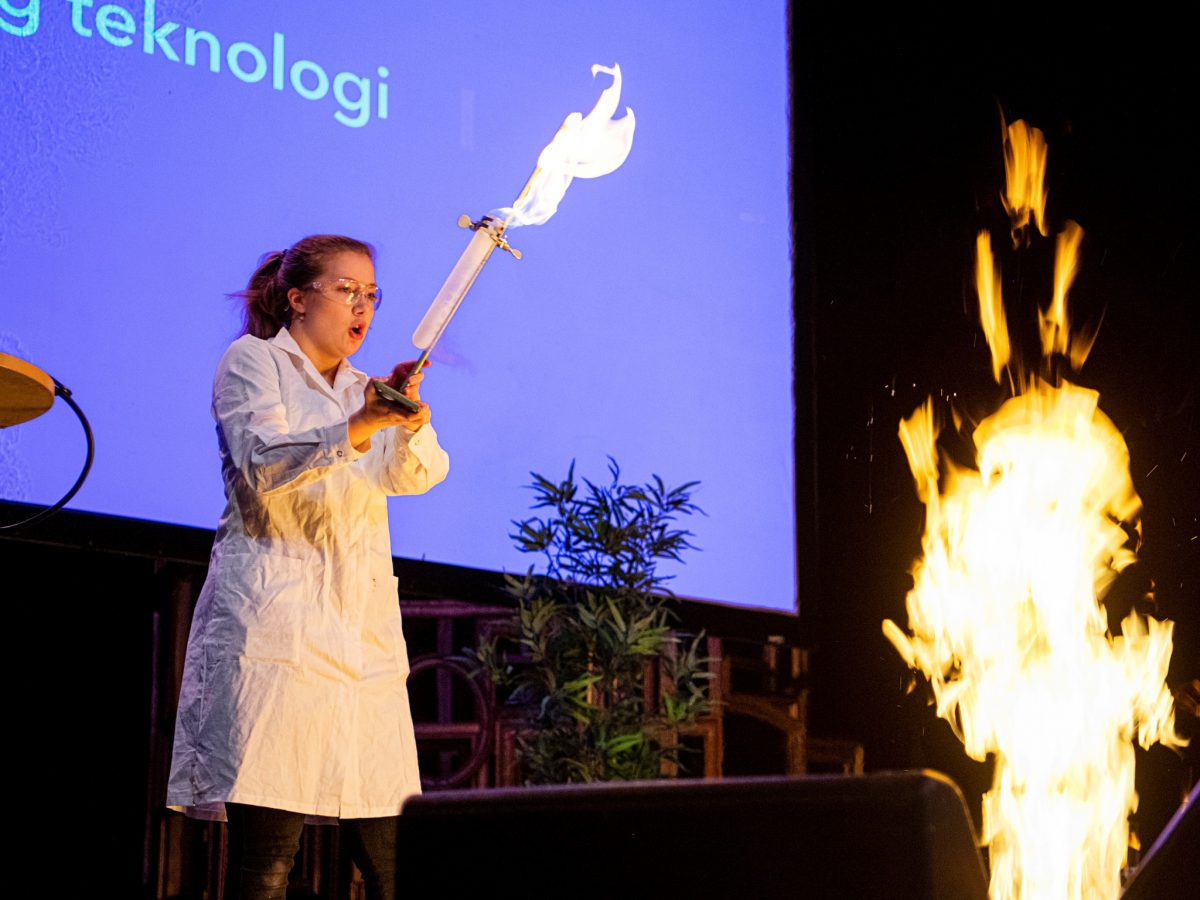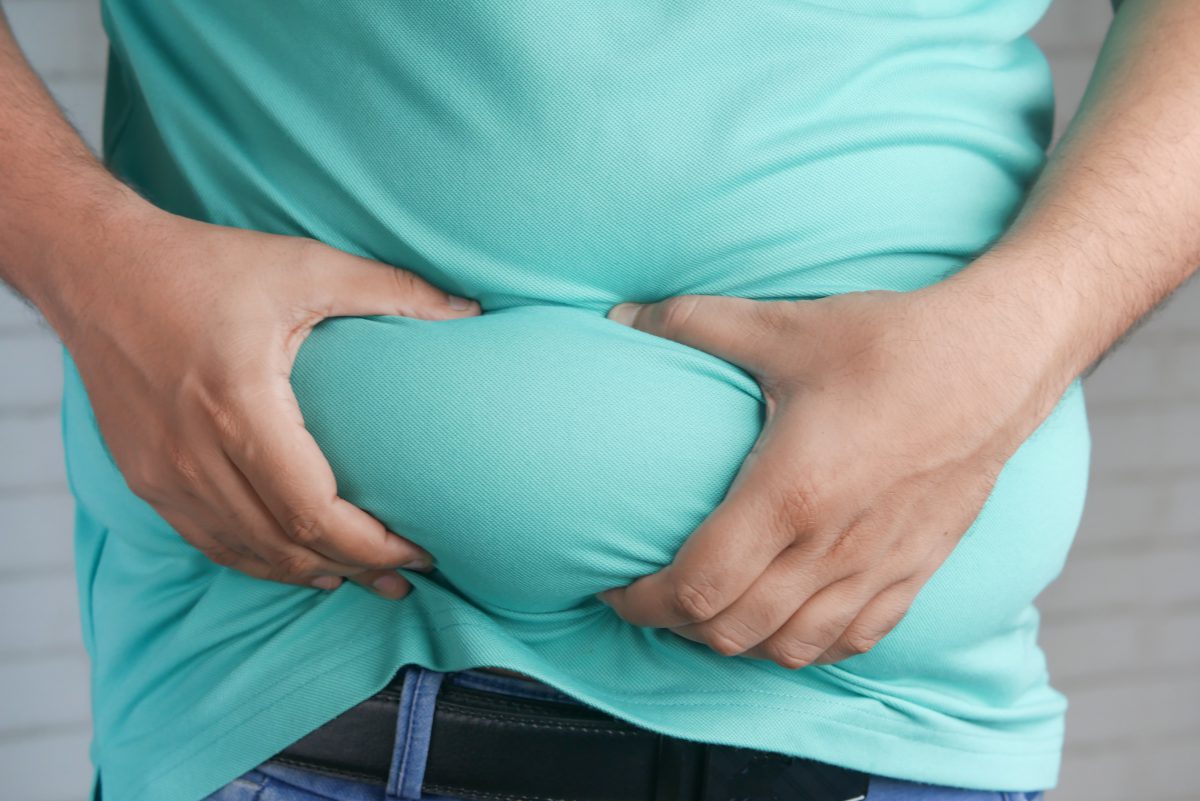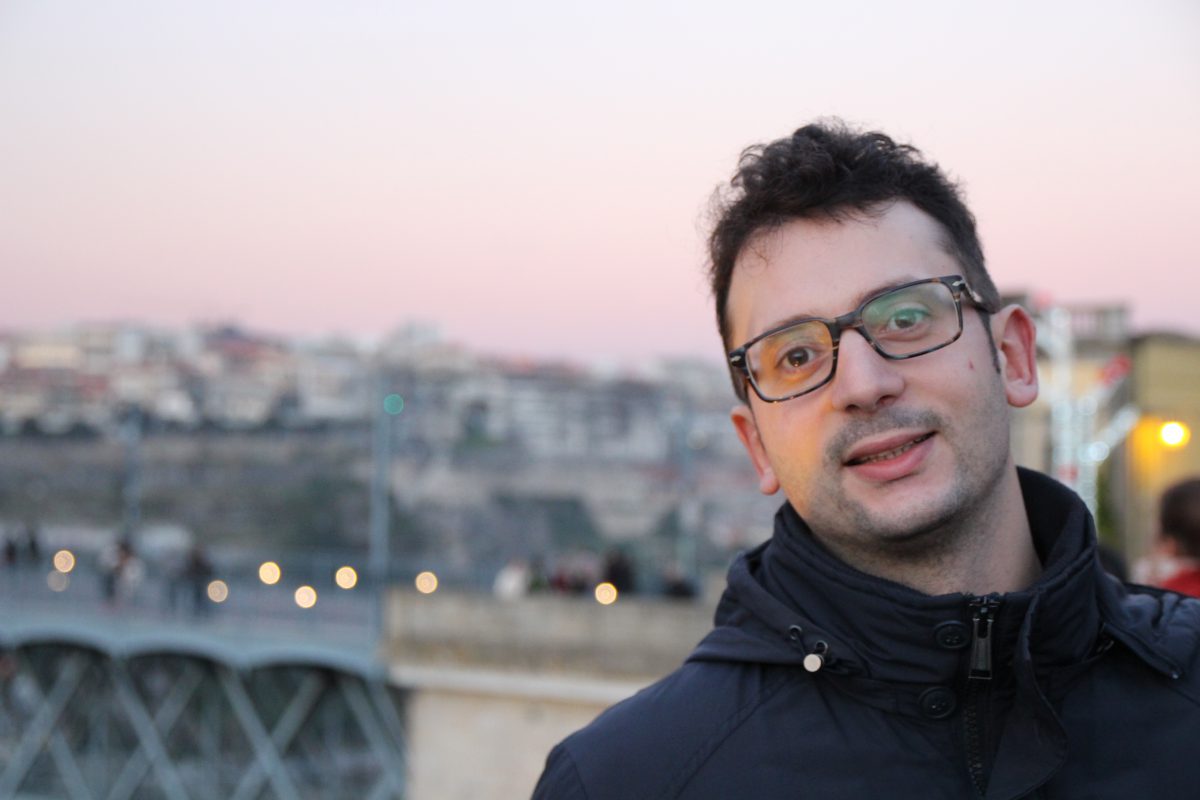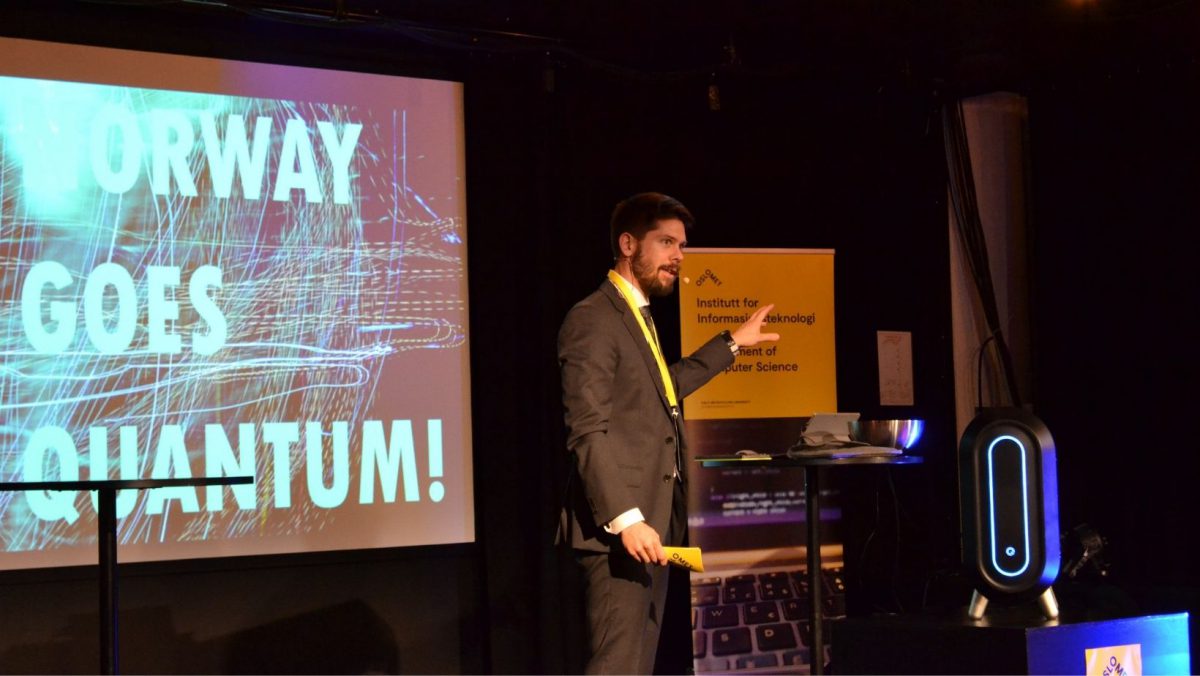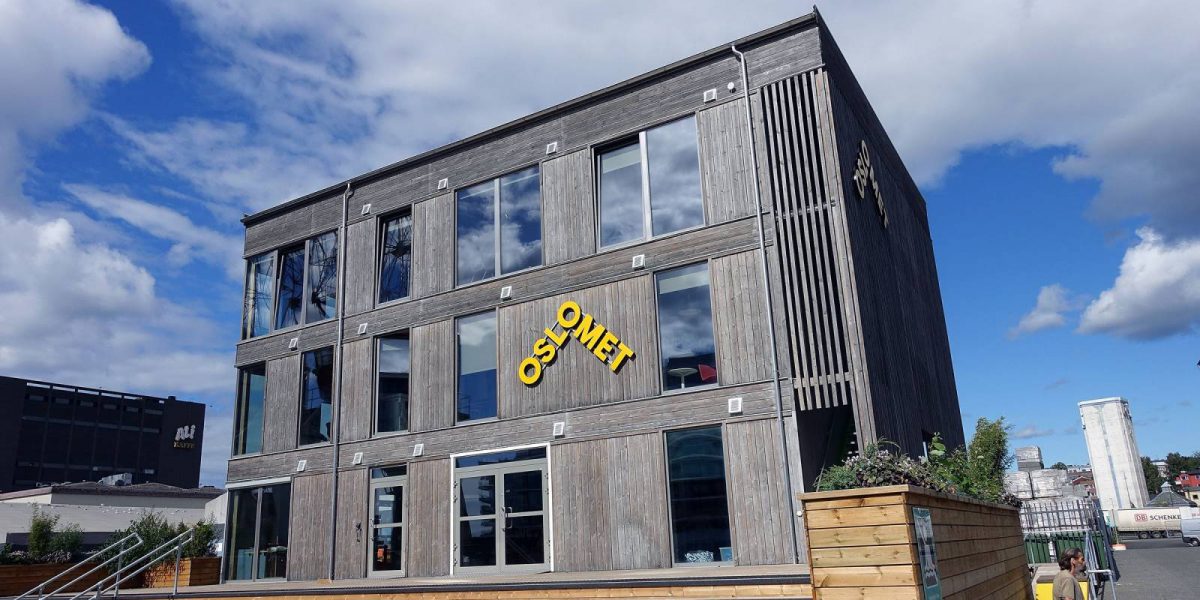Understanding belonging through slow research
Podcast: Embed
Sociologist Erika Gubrium visited the podcast to talk about her research into how people who have moved to Norway make meaning of their experiences in a new country.
In this conversation, Gubrium describes her research methods and some of her early findings.
This episode builds on an article about Gubrium’s research that was published on the OsloMet website last fall, and which was one of the most widely read and commented articles published all year. Gubrium has also published an academic article on the subject.
Gubrium has twice before appeared on the podcast, both to discuss the state of the so-called American dream and the protest movement that erupted following the murder of George Floyd.
